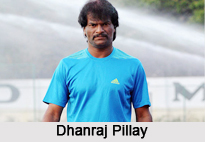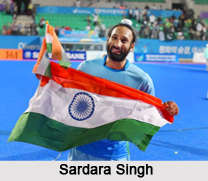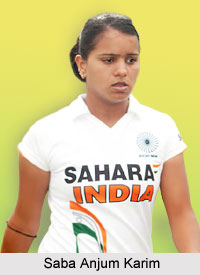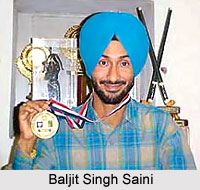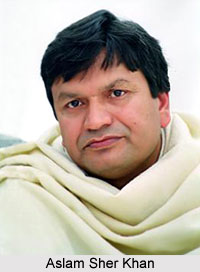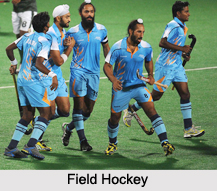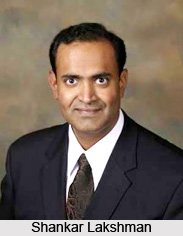Dharam Singh was a distinguished Indian field hockey player and coach, who guided the Indian team of the 60s to several international victories. He played in 1952 Olympics, where the team won gold. He was 45 when he participated in the 1964 Olympics, which India won. He also coached the Indian team at Tokyo in 1964, leading it to win gold.
Early Life of Dharam Singh
Dharam Singh was born on 19th January in the year 1919 in Gandiwind in Amritsar district. His passion for hockey was visible at an early age, when he would run barefoot around the streets of his village with a stick and ball. The young Dharam Singh was a school student at Sarhali and for three years played an instrumental role in his school team`s triumph in the esteemed Divali Trophy. After that Dharam Singh shifted to Gujranwala school. From this school he passed his matriculation, but the trophy accompanied him. Dharam Singh joined Khalsa College at Amritsar in the year 1941. Later he represented Punjab University.
Career of Dharam Singh
The Nawab of Manavadar in the year 1945 invited Dharam Singh to join his newly established team. Dharam Singh again showed his spirit by playing an instrumental role in the outfit`s memorable triumphs. In the year 1948, Dharam Singh was expected to attend the national camp. But he had to abandon his plans because of his brother`s murder, which came as a big shock to him. Finally, in the 1952 Summer Olympics held at Helsinki, Dharam Singh made his debut in the international arena, where the team won the Gold.
In the year 1964, Dharam Singh was made the coach of the Indian national hockey team and India got a chance to win in the Tokyo Olympics. He stayed active as a coach and for various Asian meets he is handling national assignments. In the year 1961, he had joined the Punjab Sports Department from there he retired as senior coach in the year 1978.
After a fall in his bathroom in December 2001, Dharam Singh endured brain haemorrhage, and was admitted to the Post Graduate Institute of Medical Education and Research where his condition remained critical. He showed no signs of recovery until his death on December 5, 2001.









